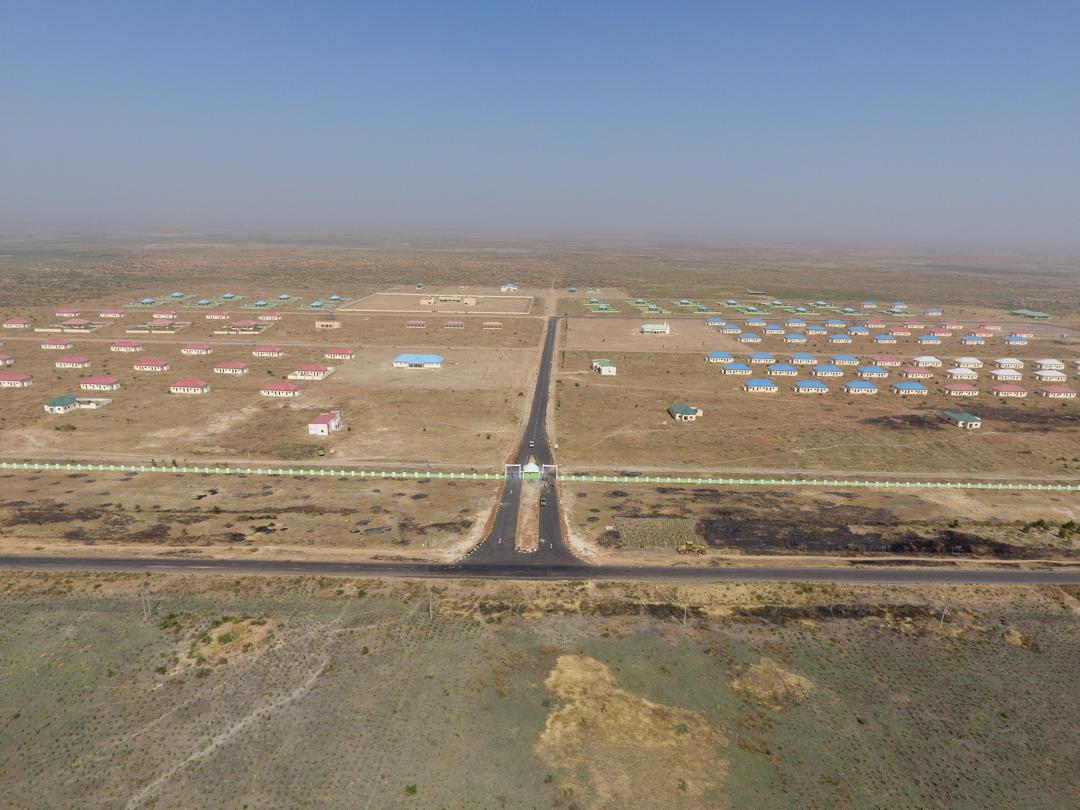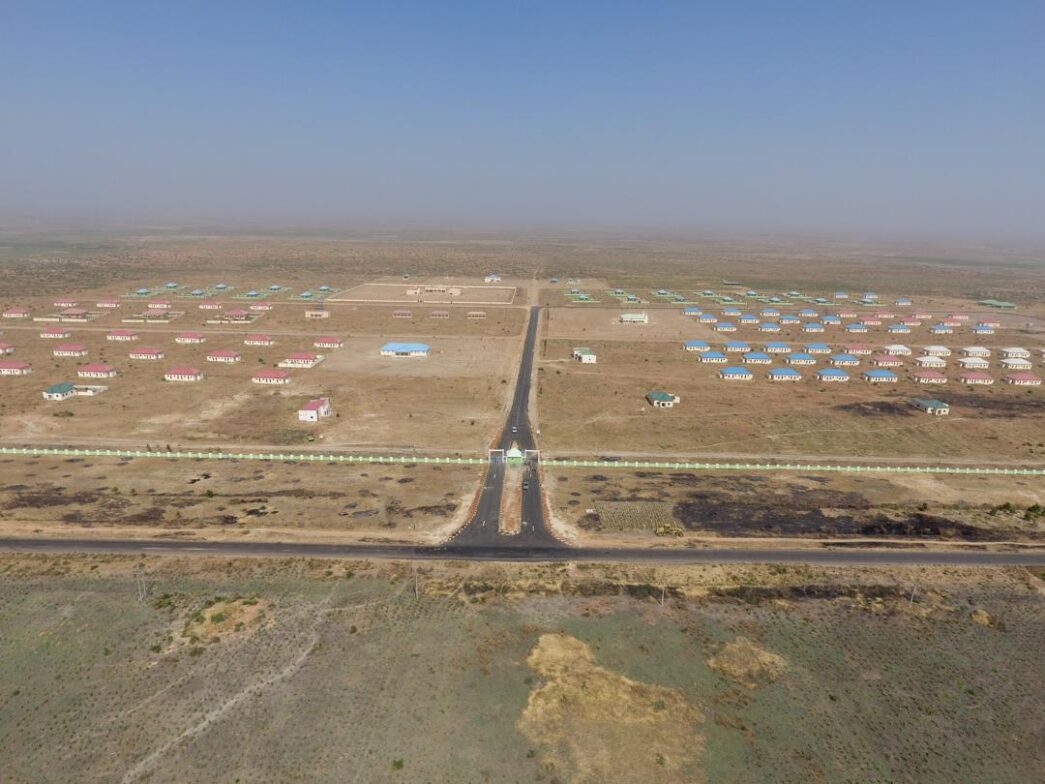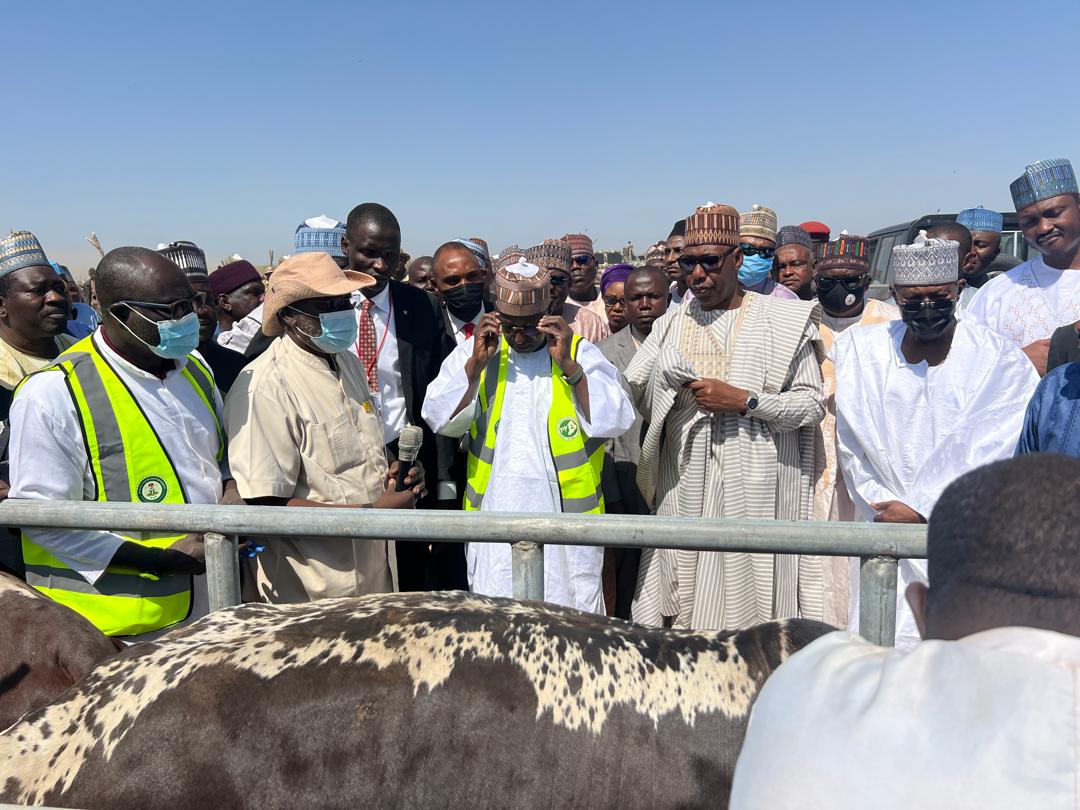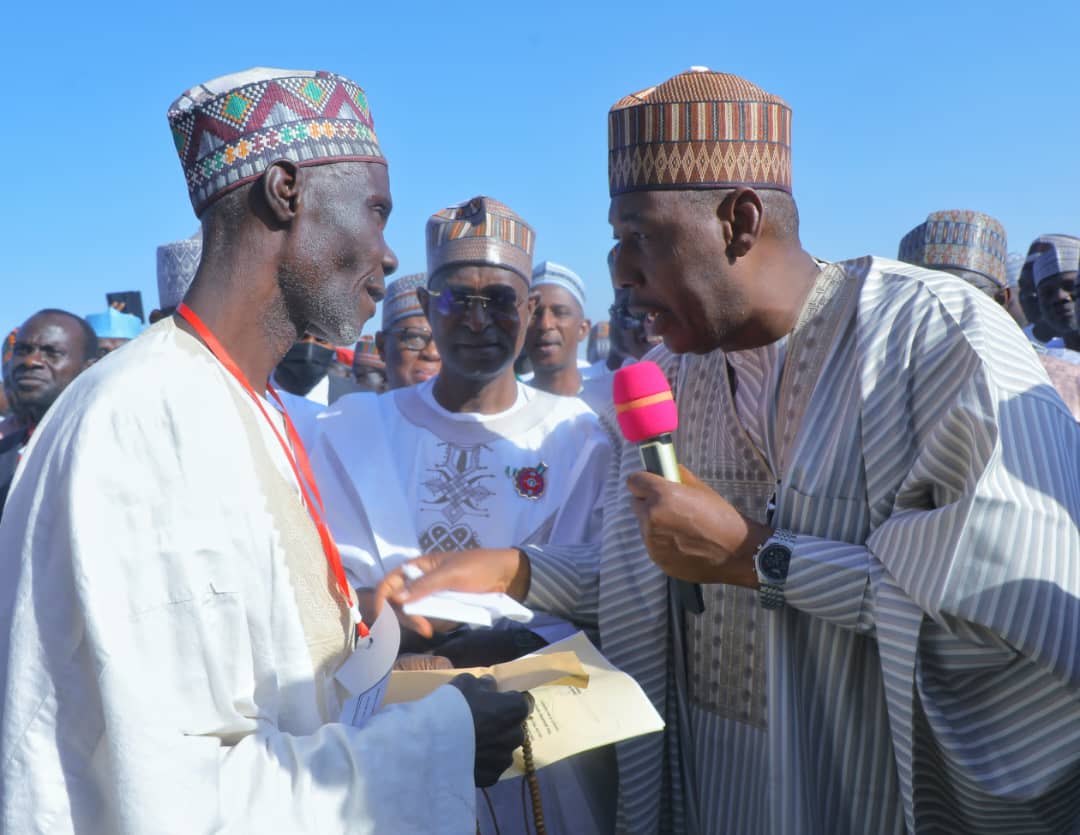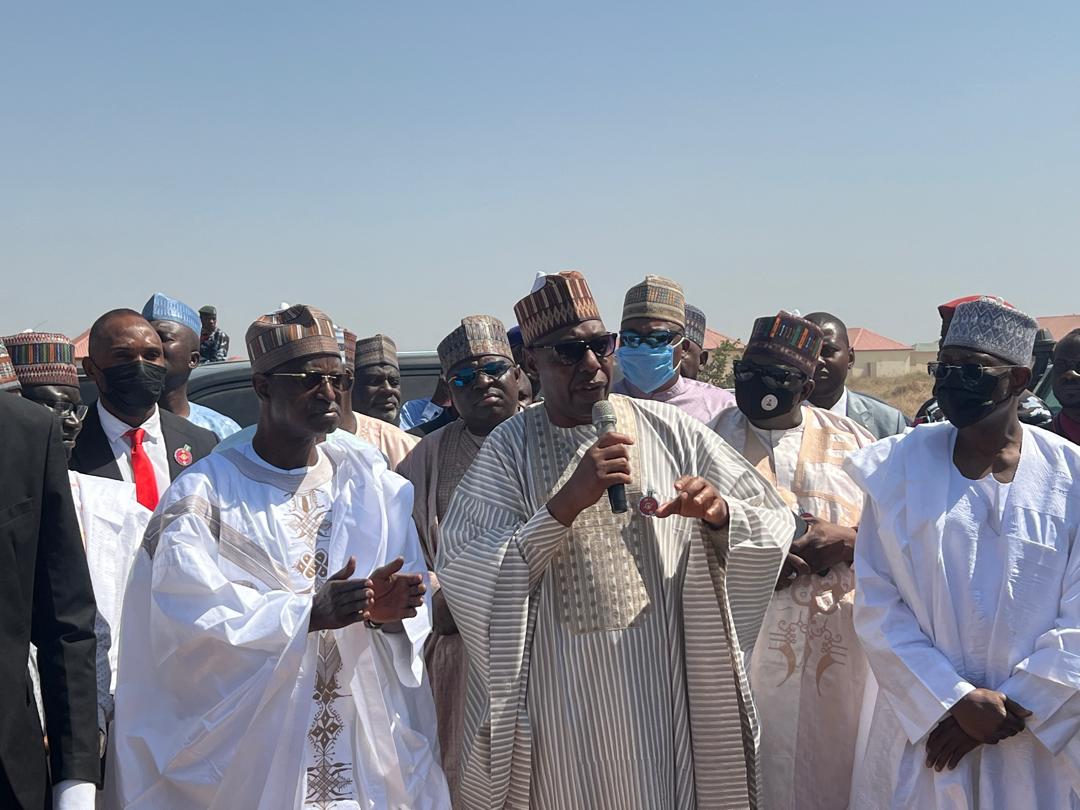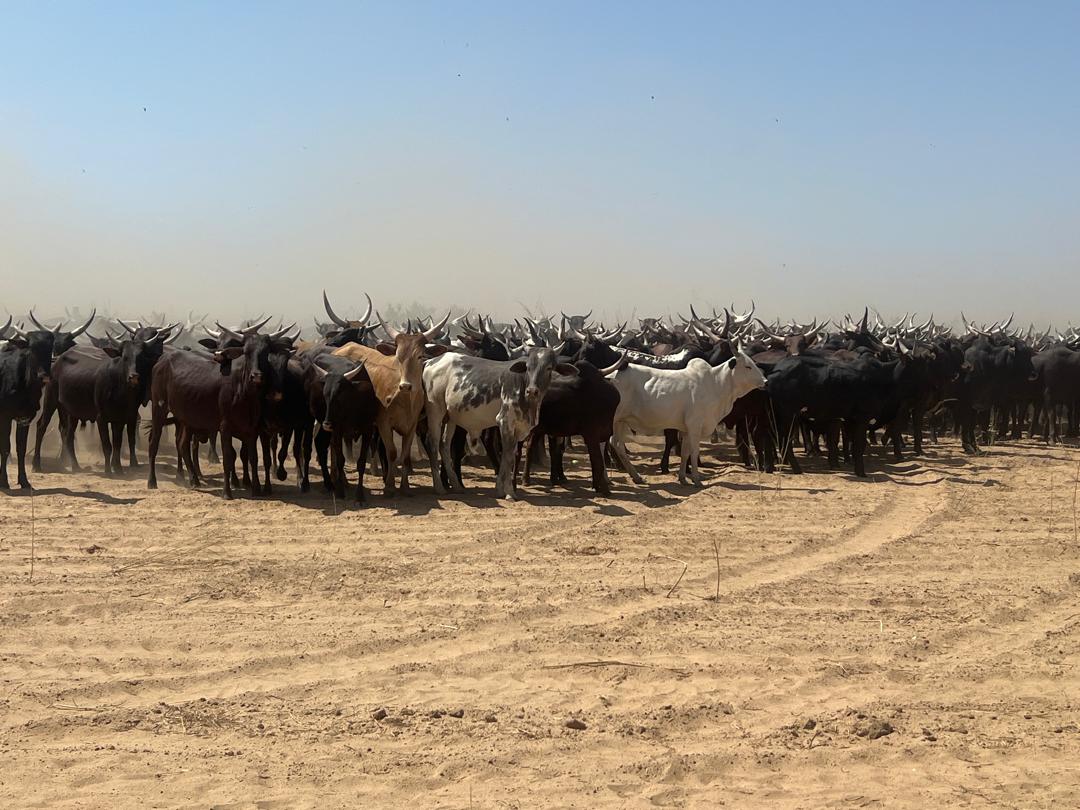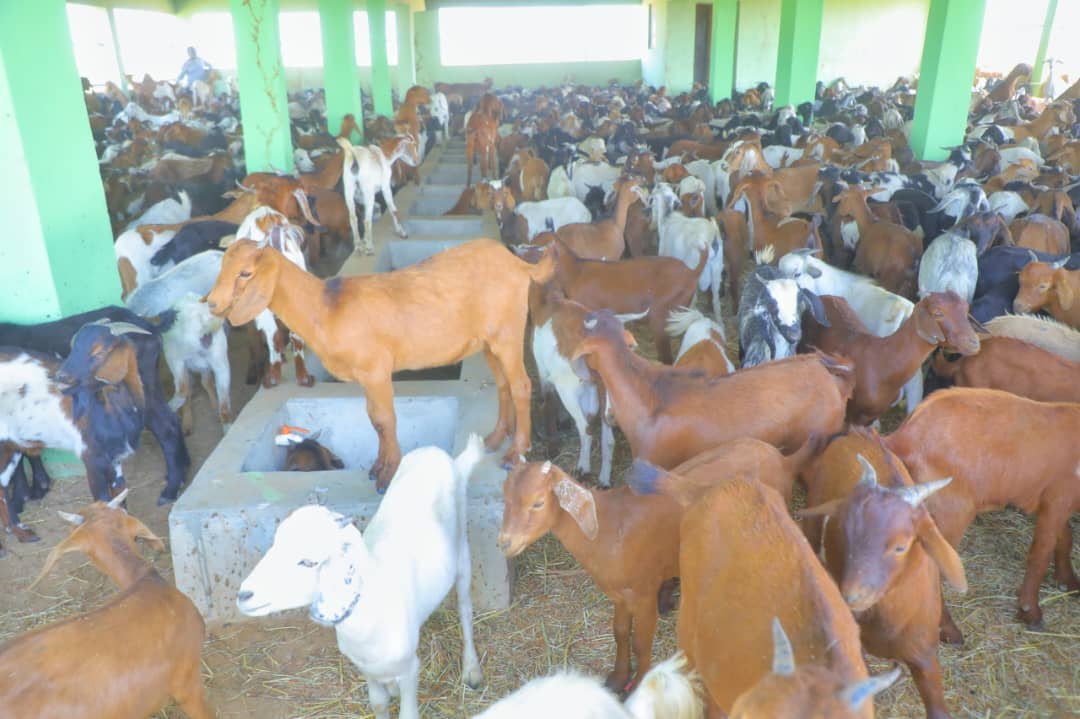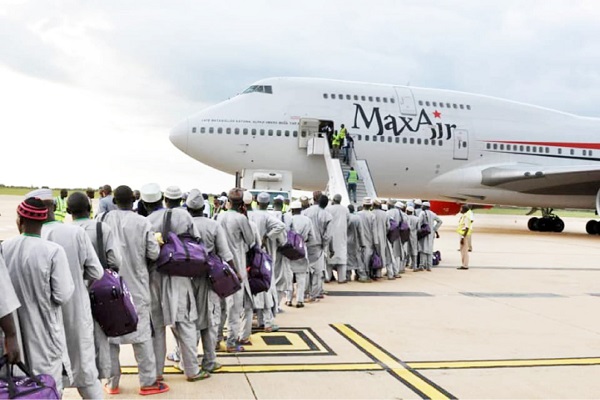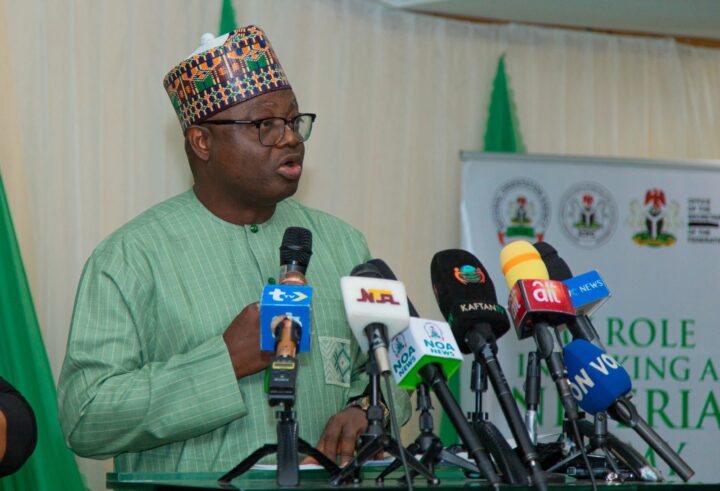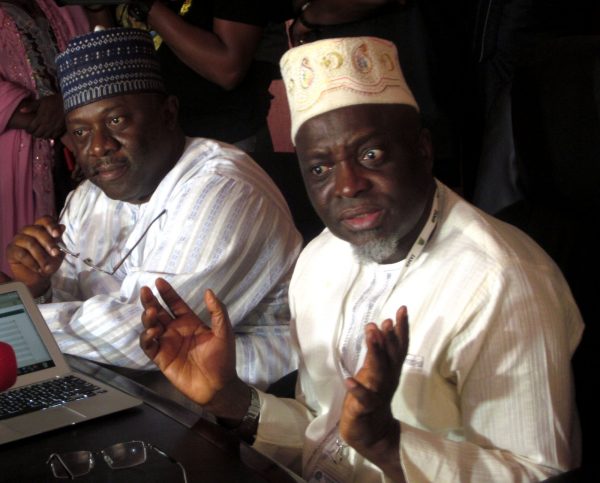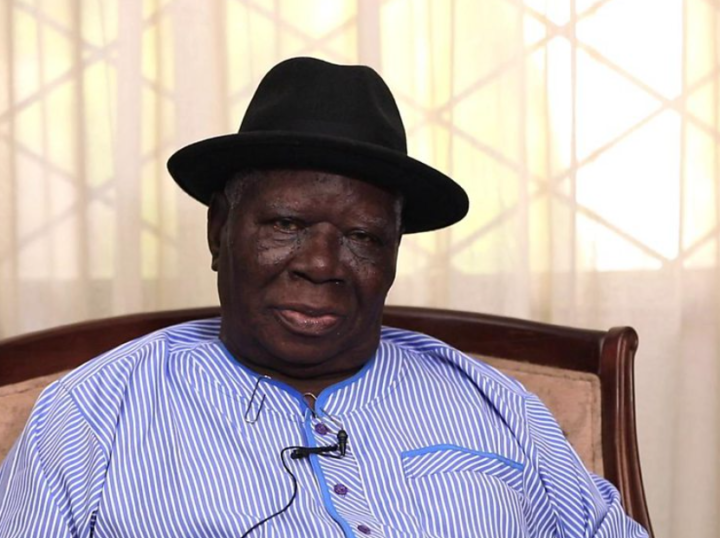The Borno government has inaugurated the Ngarannam Livestock Improvement and Ranch Settlement in Mafa LGA of the state.
The cattle ranch, launched on Saturday, is geared towards modernising the nation’s livestock sector and addressing farmer-herder conflicts, inadequate infrastructure, and low productivity.
The settlement is designed to enhance livestock farming in the region by providing essential infrastructure, improved grazing conditions, animal health services, and modern ranching practices.
The settlement is equipped with veterinary clinics, sustainable water supply systems, breeding centres, dairy and beef upgrading centres, and milk collection hubs.
Advertisement
Speaking at the inauguration, Babagana Zulum, the governor of Borno state, said the livestock sector plays a critical role in boosting economic growth, reducing poverty, and fostering peace in the region.
“This initiative transcends mere livestock production; it is about creating jobs, empowering our youth and women, and alleviating the conflicts that have long plagued our communities,” the governor said.
“This project reflects our vision to rebuild and transform Borno. It aligns with the Borno state 25-year development plan and our 10-pact agenda. Beyond infrastructure, it represents hope, resilience, and progress for our people.”
Advertisement
The governor said the Ngarannam settlement features housing estates, schools, health clinics, veterinary services, and pasture development centres to ensure smooth operation.
Zulum said each of the 461 households from 18 communities displaced by insurgency in the Ngarannam area would receive humanitarian relief packages and livestock, including pairs of bulls, heifers, and goats.
“This project is not just about livestock; it is about creating lasting prosperity for our people and ensuring peaceful coexistence among all stakeholders in the sector,” he added.
Some of the key stakeholders at the inauguration ceremony include Idi Mukhtar Maiha, the minister of livestock development; Attahiru Jega, co-chairman of the presidential livestock reforms implementation committee; and Umar Kadafur, the deputy governor of Borno.
Advertisement
The minister described the project as a model for sustainable livestock development in Nigeria and urged other states to adopt similar strategies.
“The commissioning of this settlement underscores the federal government’s commitment to transforming the livestock sector into a vibrant, productive, and sustainable industry. This project aligns with the Renewed Hope Agenda of President Bola Ahmed Tinubu and the vision of the federal ministry of livestock development to enhance productivity and settle pastoralists,” he said.
“The success of livestock reform in Nigeria relies heavily on the cooperation of both the federal and state governments. This collaboration will enhance productivity, attract investments, and foster a harmonious relationship between herders and farmers.”
Advertisement
Advertisement
Advertisement
Add a comment
